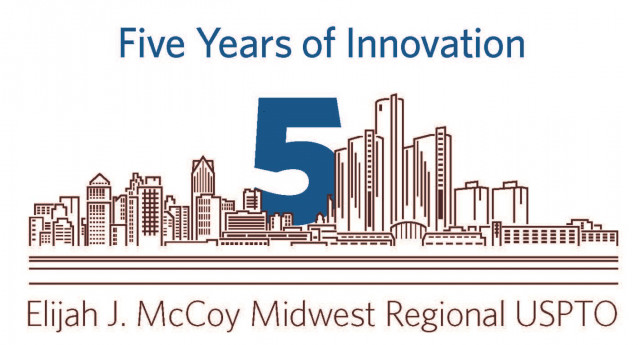Brendan (B.Rich) Richmond, YouTube; OUT FOR A SIP - FRIGGIN' BUDDY v COKE - OFFICIAL VIDEO
[Kip Currier: A former student in my Copyright course at Pitt a few years ago alerted me to this Man versus Coke trademark dust-up, which BuzzFeedNews reports here.
Click here to see Friggin' Buddy's "Out For A Sip" rap "Cease-and-Desist-video-letter" to Coca-Cola Inc. FB's attorney Rob Kittredge gets in on the (civil) action too, busting out some best supporting barrister moves.]


